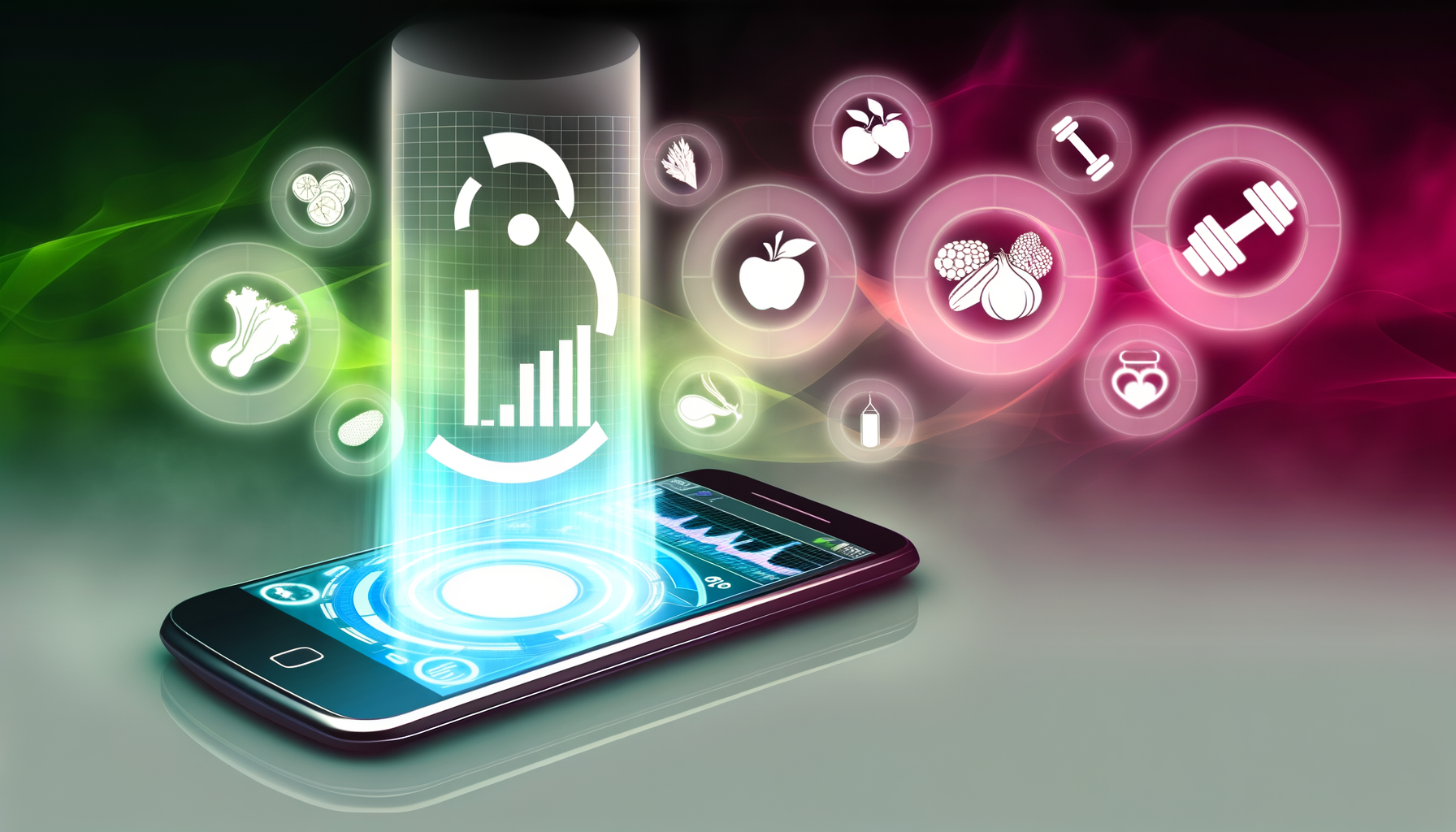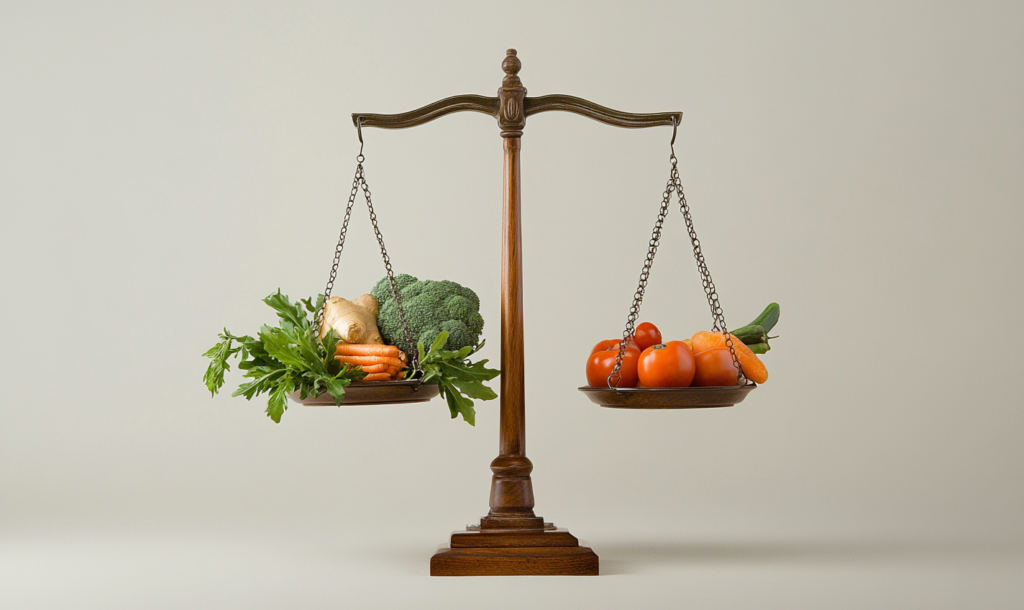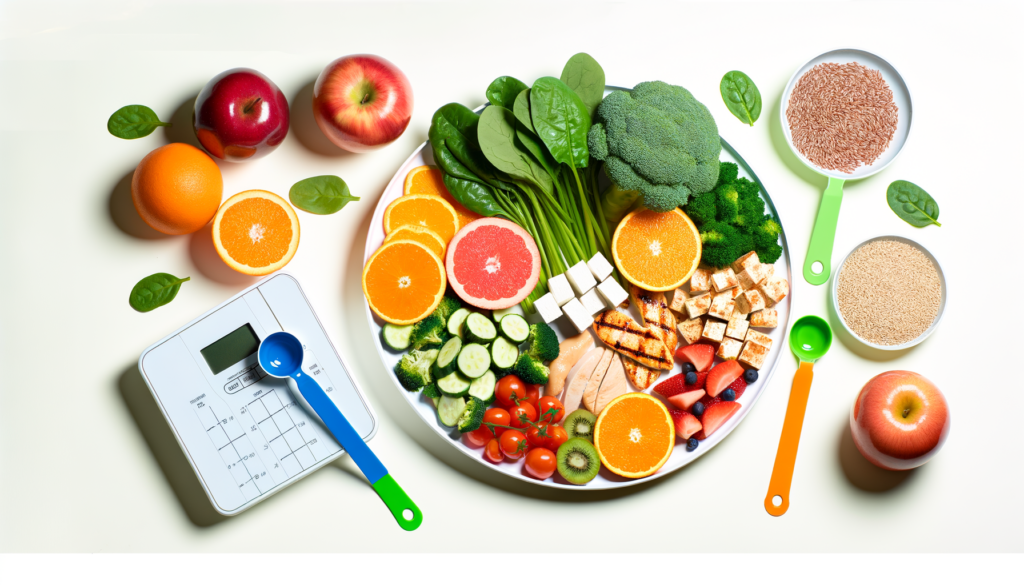Revolutionizing Nutrition: The Role of AI and Machine Learning
The integration of artificial intelligence (AI) and machine learning (ML) in the field of nutrition is transforming how we approach dietary management and health outcomes. This technological advancement is not only enhancing the accuracy and efficiency of nutrition tracking but also providing personalized dietary recommendations tailored to individual needs.
Smart and Personalized Nutrition
One of the key applications of AI in nutrition is the development of smart and personalized nutrition systems. These systems leverage various data sources, including metabolomics, purchase history, and data from IoT devices, to deliver accurate and tailored nutritional recommendations. For instance, deep learning techniques and recommendation algorithms can create personalized diet plans for individuals with specific health conditions such as chronic kidney disease or hypertension.
For example, AI can continuously monitor health data and provide real-time dietary suggestions to help manage conditions like diabetes. By analyzing blood sugar levels, AI can recommend meals that help stabilize glucose levels, thereby improving overall well-being.
Dietary Assessment and Food Recognition
A significant challenge in traditional nutrition tracking is the accuracy and efficiency of dietary assessment. AI techniques are addressing this issue by improving the methods used for assessing food intake. Deep learning with natural language processing and mobile AI applications are being developed to estimate calorie and macronutrient content from food images. These technologies can automate dietary assessment, recognize fake food images, and match food choices with high accuracy.
Moreover, AI-based food recognition and tracking systems are utilizing techniques such as near-infrared hyperspectral imaging and deep learning-based food segmentation. These methods enhance the accuracy of dietary intake monitoring and offer new possibilities for food quality control and nutrition monitoring.
Challenges and Concerns
While AI in nutrition offers numerous benefits, there are several challenges and concerns that need to be addressed. Data security is a critical issue, as ML solutions require vast amounts of sensitive data, including personal information and medical records. Rigorous safeguarding measures must be implemented to ensure that this data is safely collected and stored.
Bias in machine learning models is another significant concern. AI solutions can perpetuate societal stereotypes and biases if not carefully developed. Ensuring diverse training data and continuous monitoring and updates of these tools can help mitigate these issues.
Accuracy in machine learning models is also a challenge. While meal scanning technology is highly accurate, it can struggle with detecting ingredient swaps in familiar recipes. However, these shortcomings can be addressed with some manual effort on the user’s part.
Future Trends in AI Nutrition
The future of AI in nutrition looks promising, with several trends expected to shape the industry. Continuous monitoring of dietary intake and health data will enable real-time dietary adjustments. Enhanced predictive models will provide more precise dietary recommendations based on extensive and diverse data sets.
Integration with wearables, such as smartwatches, will offer real-time dietary advice. Personalized nutritional supplements based on individual needs and deficiencies will also become more prevalent. Additionally, AI-powered nutrition apps will become more accessible worldwide, helping people everywhere improve their health.
Real-World Applications and Case Studies
The applications of AI in nutrition are already being seen in various real-world scenarios. For instance, AI-driven apps like Nutrigenomix analyze genetic data to provide personalized nutrition recommendations and meal plans. These apps take into account an individual’s lifestyle and dietary preferences, ensuring that the meal plans are both effective and aligned with the user’s needs.
In the food industry, AI is also being used to optimize production processes, improve food safety, and reduce waste. Companies are leveraging AI for predictive analytics to align with consumer preferences, reducing the trial-and-error in product development. This synergy of technology and culinary science is unlocking new possibilities in ingredient discovery and product development.
Conclusion and Next Steps
The integration of AI and machine learning in nutrition is revolutionizing how we approach dietary management. With its ability to provide personalized recommendations, improve dietary assessment, and enhance food recognition, AI is set to transform the field of nutrition. However, it is crucial to address the challenges associated with data security, bias, and accuracy to ensure that these technologies are safe and effective.
For those interested in leveraging these technologies, Calorie Calculator Cloud offers a range of tools and services that can help you get started. Whether you are a healthcare professional looking to provide personalized dietary advice or an individual seeking to optimize your nutrition, AI-powered solutions are here to help. Explore our Calorie Calculator Plans to find the best fit for your needs.
As we move forward, it is essential to stay informed about the latest developments in AI and nutrition. By embracing these technologies, we can create a future where nutrition is more personalized, efficient, and effective. For more insights and updates, visit our blog and explore other related articles on nutrition and fitness.








